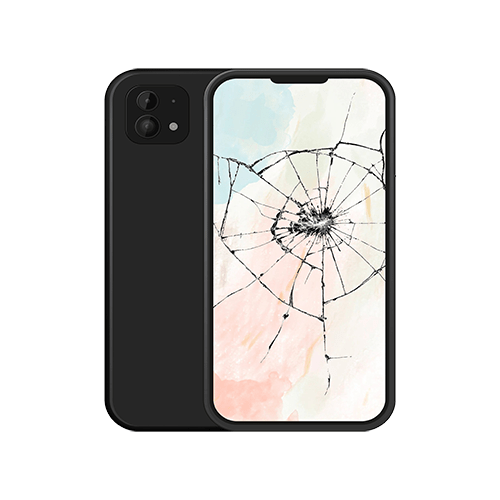How To Identify & Avoid Phone Scams
01.28.2021Chelsea Wilcots
Junk callers are nothing short of a nuisance, but phone scammers are the worst! Falling for a phone scam could cost you a pretty penny, or even your identity. The best thing you can do to protect yourself from a phone scam is learn how to identify and avoid them altogether.

Identifying A Phone Scam
Phone scammer's will often try to entice you with exciting offers, trick you into thinking they work for your favorite establishments or for the government, or make pleas for help with charitable causes. They will usually make their pitch fast and pressure you to respond quickly. Their main goals are getting money from you, or extracting personal information that they can use to steal your identity.
Common signs of a phone scam:
The call...
- starts with a prerecorded message - called a robocall.
The caller...
- claims to be a family member or friend in need of quick funds.
- makes a request to "confirm your personal information".
- is reluctant to answer questions about the offer.
- requests your credit card or other payment information for any reason.
- requests payment by means other than a credit card, like gift cards, cash or wire transfer.
- uses threats or expletives to get you to comply.
- claims that they need to log in to your computer for any reason.
- claims that you have been specially selected.
- uses high pressure sales tactics and "limited time" offers.
Avoiding Phone Scams
Now that we’ve learned how to identify a phone scam, lets learn how you can avoid them.
Use Do-Not-Call lists.
To alleviate junk calls and calls from phone scammers, you can register your numbers on the federal do-not-call list for free. Many states also have their own do-not-call lists, so be sure to check out if one exists in your state. Keep in mind that criminal entities may not respect do-not-call lists, so after you register you will still have to be wary of unsolicted calls.
- Enroll in the federal do-not-call list at www.donotcall.gov.
Use call blocking services.
Block unsolicited calls on your cellphone by downloading a third-party call blocking app. These apps use blacklist databases to identify and block phone numbers that have received a high number of consumer complaints. The Cellular Telecommunications and Internet Association [CTIA] has provided a comprehensive list of apps that can help block spam calls.
Many cellphones have call blocking features built right into them. Some cellphones will even identify suspected spam calls and block them immediately, while others will force you to identify and block the calls yourself.
At home, you can install a call-blocking device directly on your house phone or over the internet. There are devices that work for different phones and providers, so you will want to check with your provider for the best option. You can also see if your carrier offers call-blocking services, for free or as an add on to your plan.







